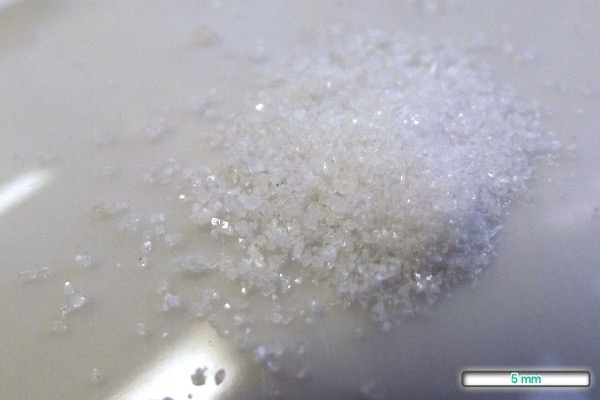From Plastic Bottles to Pills: E. coli Conversion Aids Drug Production

A recent study published in Nature Chemistry reports a groundbreaking technology developed by researchers that enables the conversion of polyethylene terephthalate (PET)—commonly used in beverage bottles—into a key precursor for the painkiller paracetamol (also known as acetaminophen) using genetically engineered Escherichia coli. This innovation marks a significant advancement in plastic recycling and green pharmaceutical production.
The research, led by the University of Edinburgh and supported by the pharmaceutical company AstraZeneca and the UK Engineering and Physical Sciences Research Council (EPSRC), demonstrates that chemically breaking down plastic can yield molecules suitable for further transformation. These molecules are then biologically processed by modified E. coli, producing para-aminobenzoic acid (PABA), a crucial intermediate in the synthesis of paracetamol.
By introducing genes from other microorganisms, the team further enabled the E. coli to convert PABA into precursors for painkillers. Remarkably, the entire conversion process takes less than 24 hours and achieves an efficiency rate of 92%, with virtually no carbon emissions—making it highly environmentally friendly.
Professor Stephen Wallace, the lead researcher, emphasized that this work shows how microbes can not only break down waste but also produce medically valuable compounds. He pointed out that few people realize that most commercial paracetamol is currently derived from petrochemicals. Their breakthrough demonstrates the potential for circular pharmaceutical manufacturing.
With over 350 million tonnes of plastic produced globally each year—much of which ends up in oceans or landfills—scientists hope to further explore whether other plastics and microbial systems can achieve similar results. If successful, this biotransformation technology could pave the way for industrial-scale applications, potentially revolutionizing drug manufacturing and contributing to the fight against plastic pollution and climate change.
- 120 reads
Human Rights
Fostering a More Humane World: The 28th Eurasian Economic Summi

Conscience, Hope, and Action: Keys to Global Peace and Sustainability

Ringing FOWPAL’s Peace Bell for the World:Nobel Peace Prize Laureates’ Visions and Actions

Protecting the World’s Cultural Diversity for a Sustainable Future

Puppet Show I International Friendship Day 2020

